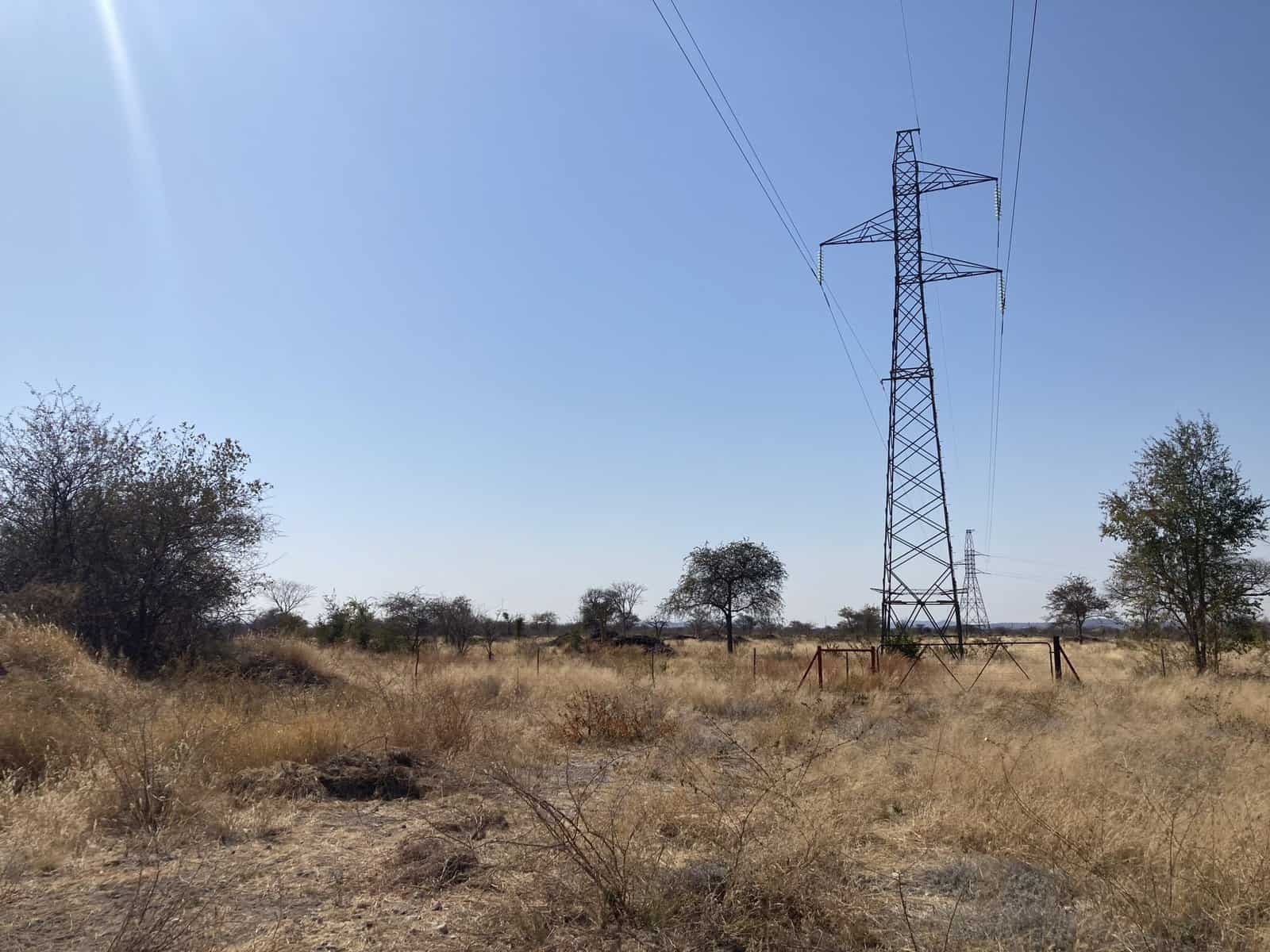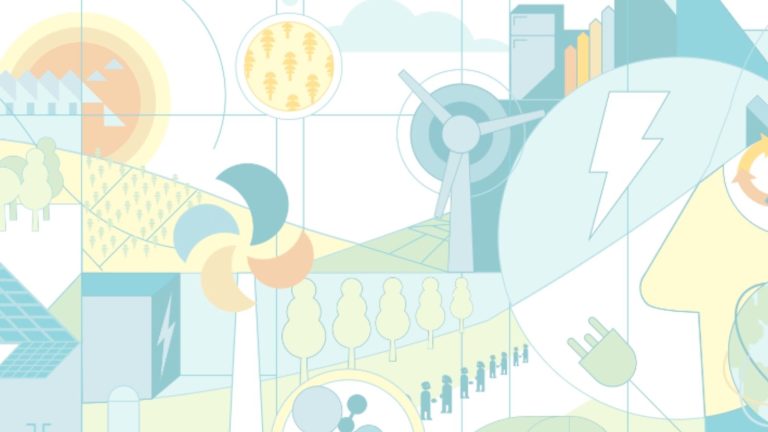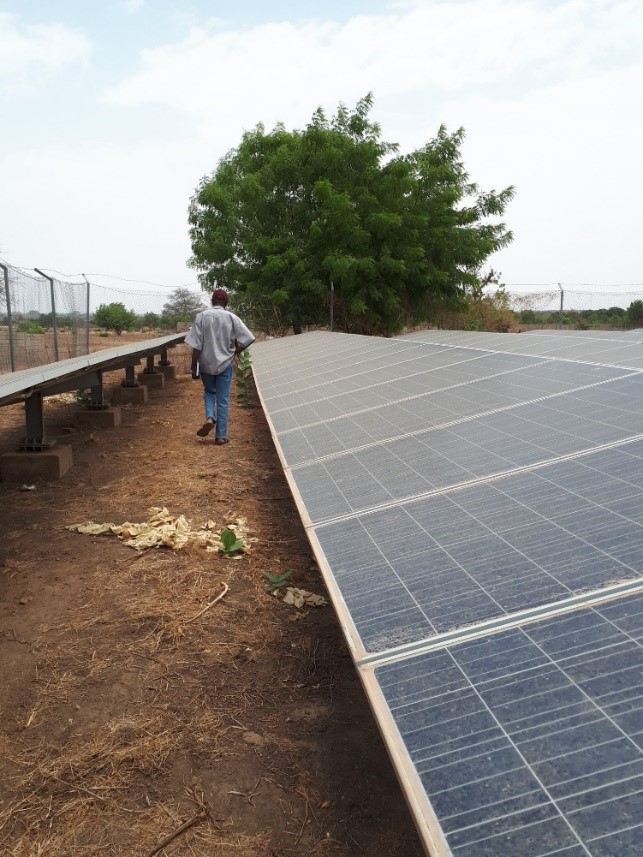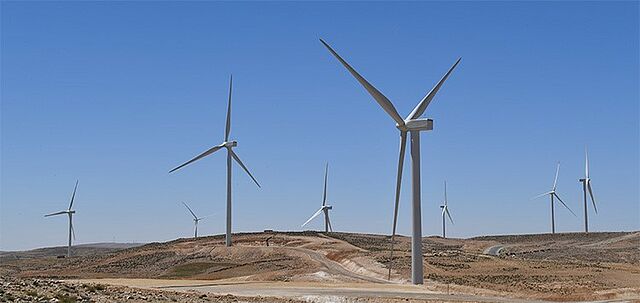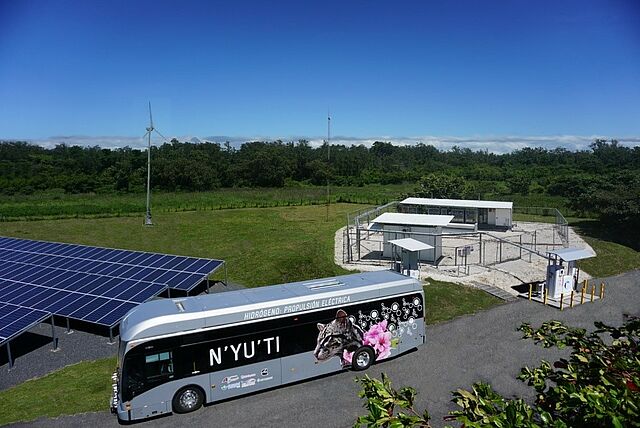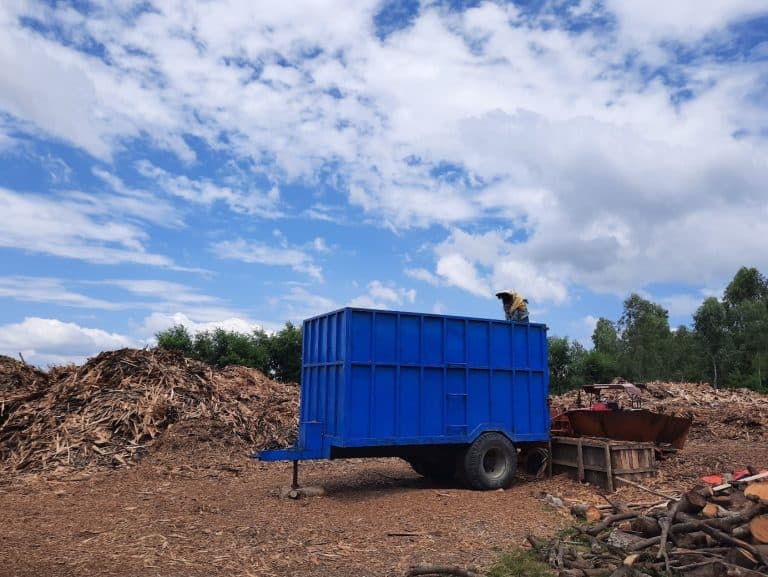
Background:
Indonesia aims to reduce GHG emissions by 31.89% unconditionally and 43.2% with international help, targeting net zero by 2060. Indonesia’s energy sector alone contributes 44% of the country’s emissions. Projections foresee a twofold rise in oil demand and a fourfold increase in natural gas demand by 2050. As a major agricultural exporter, Compressed Biomethane Gas (CBG) is a crucial renewable energy source to meet Indonesia’s escalating energy demand and decarbonise various sectors.
Challenges to the production of CBG include financial, regulatory, and market barriers, such as lack of collateral and inconsistent regulations. Currently, a few operational CBG plants exist, with 25 more in development through contracts with Palm Oil Mills (POMs) and agriculture groups as waste suppliers and industries as off-takers, effectively eliminating technical barriers to CBG adoption. To address the high upfront cost of technology, the project proposes a financing model where developers, technology providers, POMs, and farmers share the financial burden.
Approach to Transformational Change:
To encourage private sector involvement, the project will set up a Biogas Guarantee Facility (BGF). The proposed BGF will provide three financial instruments: a concessional loan, a credit guarantee and an offtake guarantee. The concessional loan will be provided to small and medium scale projects to cover 70% of the upfront costs. The BGF will offer a 10-year concessional loan at 6% interest, allowing project developers to access cheaper financing and accelerate investment. The BGF loan guarantee is open to all project developers that have applied for a guarantee from commercial banks and covers 70% of the loan. Finally, the BGF will guarantee 70% of the expected off-take for 10 years.
The Technical component will focus on the enhancement of regulatory environment and stakeholder coordination, capacity development and awareness raising for relevant stakeholders. Proposed measures include developing regulations supporting CBG utilisation, injection into the national grid, streamlining licensing processes, redirecting subsidies to the biogas industry, and securing a sustainable flow of funds for the BGF by reallocating tax levies on palm oil exports. The BGF envisions shifting the energy sector toward a carbon-neutral path, with replicable sustainable risk-sharing mechanisms.
Mitigation Potential:
The project will directly mitigate 9.59 Mt CO2e during the lifetime of its intervention, escalating to an impressive 58.8 Mt CO2e in the span of an additional 10 years.

